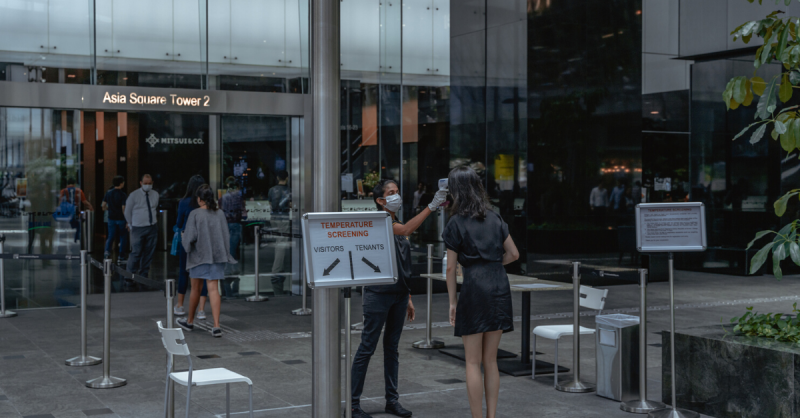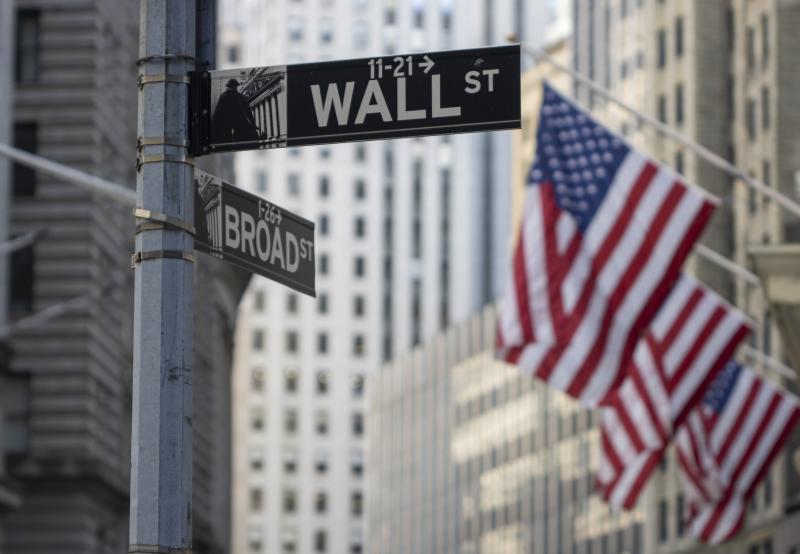
Crisis24, a GardaWorld company, has one of the largest specialist crisis response teams in the industry and has experience in advising an average of 80 to 130 incidents per year. These include traditional security problems—such as kidnap for ransom, cyber-attacks, extortion, malicious threats, illegal detention, emergency political evacuation, terrorism, and workplace violence—as well as accidents and broader issues affecting our clients’ operations, brands and reputations. Crisis24 is retained by some of the world’s largest “special risks” and crisis management insurers. Crisis24 has one of the largest teams of exclusively retained consultants in the industry, ensuring that their clients have access to the best people when they need them most. Crisis24’s response consultants are strategically based across 16 global locations. This allows them to provide the most rapid response in the industry, local expertise, and a high degree of operational resilience during periods of uncertainty, such as the current disruptions associated with the spread of COVID-19.
|
Southeast Asia continues to experience an increase in coronavirus disease (COVID-19) cases despite ongoing efforts to limit the spread of the pandemic. As of the end of May, Indonesia, the Philippines, Malaysia, and Singapore account for the overwhelming majority of Southeast Asia’s confirmed cases, while the low case-counts in countries such as Myanmar and Cambodia have largely been attributed to a lack of testing rather than adequate counter-measures. Vietnam has been touted as the region’s greatest success story; the government’s aggressive response in the early stages of the pandemic, from strict travel restrictions to widespread contact tracing, has been central to its ability to curb the spread of the virus. Likewise, the recent rise in Singapore’s cases has been attributed to high volume of testing and significant clusters among migrant workers residing in dormitories, rather than an internal resurgence. The country’s healthcare system and testing capabilities are currently able to cope with the surge. However, in contrast, neighbouring countries such as Laos, Myanmar, and Thailand, are struggling to control domestic and cross-border travel. In the Philippines, authorities reacted quickly to report cases and impose travel bans, but only carried out limited testing and active surveillance much later. Malaysia also had a similar response, and the country’s lockdown measures were only imposed after a mass religious gathering resulted in domestic and international cases. Meanwhile, Indonesia only acknowledged the presence of the virus when COVID-19 cases originating from the country were reported elsewhere, and the subsequent response to the outbreak was also delayed. With COVID-19 models predicting a continued surge in regional cases, maintaining or expanding contact tracing efforts—as seen in Vietnam and Singapore—and strict enforcement of COVID-19 measures will be needed to flatten the curve in Southeast Asia.
|
|
Economic Contraction and Potential Abuse of Powers are Significant Concerns The economic fallout of the COVID-19 pandemic on Southeast Asia will be “severe and unprecedented,” with some experts warning of deeper and longer lasting impacts than those of the 1997 Asian financial crisis. According to recent forecasts, the International Monetary Fund (IMF) projects ASEAN-5 economies (Indonesia, Malaysia, Philippines, Thailand, and Vietnam) to contract 0.6 percent in 2020, though the economies are expected to rebound strongly in 2021 with +7.8 percent growth. The short-term shock to the region’s economies will be driven by disruptions to tourism, falling demand for exports, the collapse of oil prices, and deep contractions experienced by Southeast Asia’s largest trading partners—China, the US, and the European Union (EU).
In March, experts at the United Nations (UN) warned states against the abuse of emergency powers amid the COVID-19 pandemic. Despite the admonition, leaders in Southeast Asia have exploited the situation to further stifle dissent, with the most visible abuses occurring in Thailand, the Philippines, Cambodia, and Myanmar. In each of these nations, the pandemic has been used as pretext to intensify censorship of the media, jail journalists, and ultimately clamp down on freedom of expression, association, and privacy. These developments could prove to be a major setback for civil society in ASEAN countries should these governments maintain the status quo in the wake of the pandemic.
Outlook Over the medium term, the COVID-19 situation in Southeast Asia is likely to deteriorate, particularly as a lack of testing obfuscates the scope and severity of the outbreak in the region. In Indonesia, the world’s fourth most populous nation, testing has been conducted at a rate of about 900 tests per 1 million people (for global comparison, Singapore has tested 50,000 people per 1 million, Turkey has tested 21,000 per 1 million and Brazil has tested 3,500 per 1 million). As countries throughout the region begin to ease entry and domestic travel restrictions over the coming months, there will likely be an increase in imported cases. New outbreaks or second waves will put additional pressure on healthcare infrastructure, particularly in countries with underfinanced systems such as Indonesia and the Philippines. Crisis24, a GardaWorld company Crisis24, a GardaWorld company, has one of the largest specialist crisis response teams in the industry and has experience in advising an average of 80 to 130 incidents per year. These include traditional security problems—such as kidnap for ransom, cyber-attacks, extortion, malicious threats, illegal detention, emergency political evacuation, terrorism, and workplace violence—as well as accidents and broader issues affecting our clients’ operations, brands and reputations. Crisis24 is retained by some of the world’s largest “special risks” and crisis management insurers. Crisis24 has one of the largest teams of exclusively retained consultants in the industry, ensuring that their clients have access to the best people when they need them most. Crisis24’s response consultants are strategically based across 16 global locations. This allows them to provide the most rapid response in the industry, local expertise, and a high degree of operational resilience during periods of uncertainty, such as the current disruptions associated with the spread of COVID-19. |








